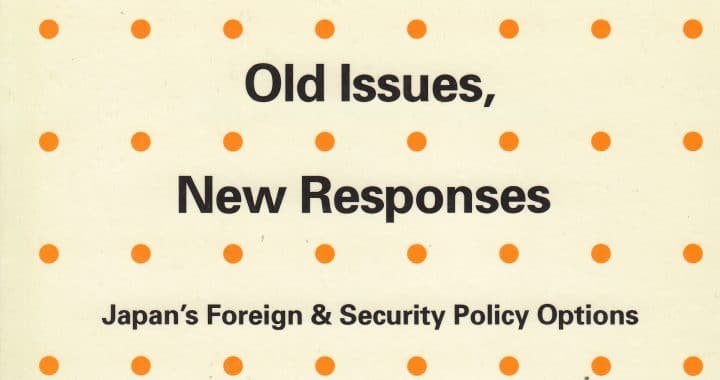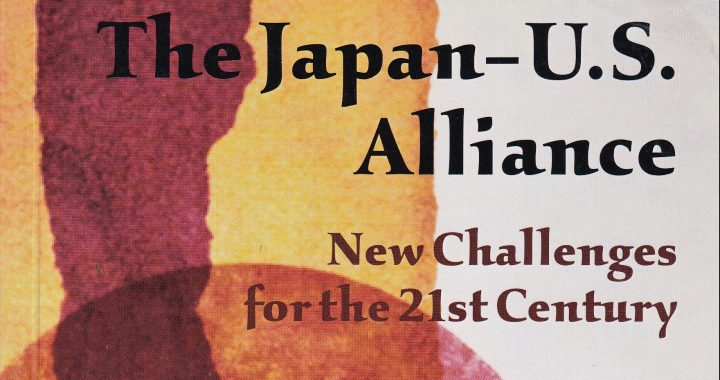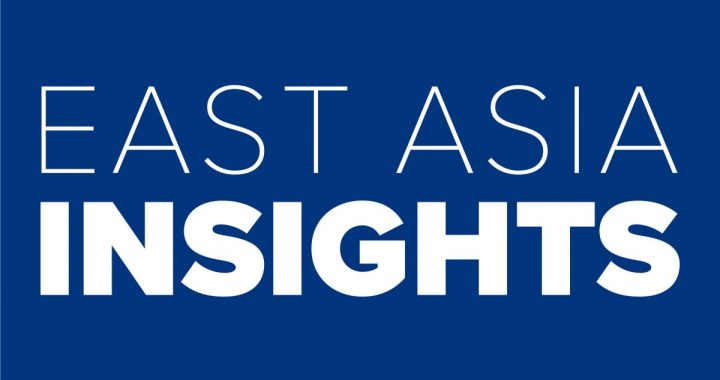Korea-Japan Forum | 14th Meeting

On August 29-31, 2006, the 14th Korea-Japan Forum took place. Approximately 40 leaders from the political, nonprofit, academic, media, and corporate sectors gathered to discuss a variety of topics, including socio-political developments in both countries, the changing economic environment in Northeast Asia and the future of Korea-Japan economic cooperation, and regional security issues.
Korea-Japan Forum | 12th Meeting

On September 13-15, 2004, the Twelfth Korea-Japan Forum took place in Gyeongju, Korea. Approximately 40 leaders from the political, nonprofit, academic, media, and corporate sectors gathered to discuss a variety of topics, including socio-political developments in both countries, the changing economic environment in Northeast Asia and the future of Korea-Japan economic cooperation, and regional security issues.
Korea-Japan Forum | 11th Meeting

On August 31–September 2, 2003, the 11th Korea-Japan Forum took place in Gyeongju, Korea. Approximately 40 leaders from the political, nonprofit, academic, media, and corporate sectors gathered to discuss socio-political developments in both countries, the changing economic environment in Northeast Asia and the future of Korea-Japan economic cooperation, and regional security issues. They also discussed the promotion of bilateral exchange and cooperation in anticipation of the upcoming 40th anniversary of the normalization of Korea-Japan diplomatic relations.
Korea-Japan Forum | 10th Meeting

On September 6-8, 2002, the tenth meeting of the Forum took place in Kanazawa, Japan. Over 40 leaders from the political, nonprofit, academic, media, and corporate sectors gathered to discuss a variety of topics, including Korea-Japan exchange and cooperation after the 2002 World Cup, sociopolitical and economic developments in both countries, the future of Korea-Japan economic cooperation, and the rise of China and the future of the Asia Pacific region.
Korea-China-Japan Forum

The Korea-China-Japan Forum was held in November 2003 as a joint initiative of JCIE, the Korea Foundation, the Chinese People’s Institute of Foreign Affairs, and the Japan Foundation Asia Center. This dialogue aimed to promote cooperation among the three countries in achieving stability in the Asia Pacific region and encouraging its further development.
JCIE Publications | The Present and Future of Korea-Japan Cooperation
These essays examine various aspects of Korean-Japanese relations and the factors that shape them in the post-cold war world, including domestic politics and economics in both countries, the role of the United States, and the impact of the East European revolutions on Asia.
JCIE Publications | Old Issues, New Responses

Six Japanese scholars examine Japan’s foreign and security policy options for the 21st century and present new policy proposals, in hopes to improve Sino-Japanese political relations, rectify Japan’s plutonium policy, and make the growing number of refugees around the world a Japanese priority.
JCIE Publications | The Japan-US Alliance: New Challenges for the 21st Century

In this collection of essays, six Japanese political scientists examine how differences and similarities in policies between the United States and Japan toward various issues and countries may affect the solidarity of the alliance and, hence, influence the stability of the Asia Pacific region.
JCIE Publications | Rethinking Energy Security in East Asia

Leading experts from Japan, Russia, China, the US, South Korea, Taiwan, and Malaysia analyze various energy security issues; examples include the “classical” energy security questions of supply and demand, as well as the ecological and human security consequences of growing energy use in the region.
East Asia Insights | Defining Normalcy: The Future Course of Japan’s Foreign Policy

This issue addresses the widespread misconceptions of what is “normal” for Japan, and the future of Japanese foreign policy, which aims to reconcile the need for leaders to actively pursue the national interest in a transforming global context with recognition of normative and legal constraints.
